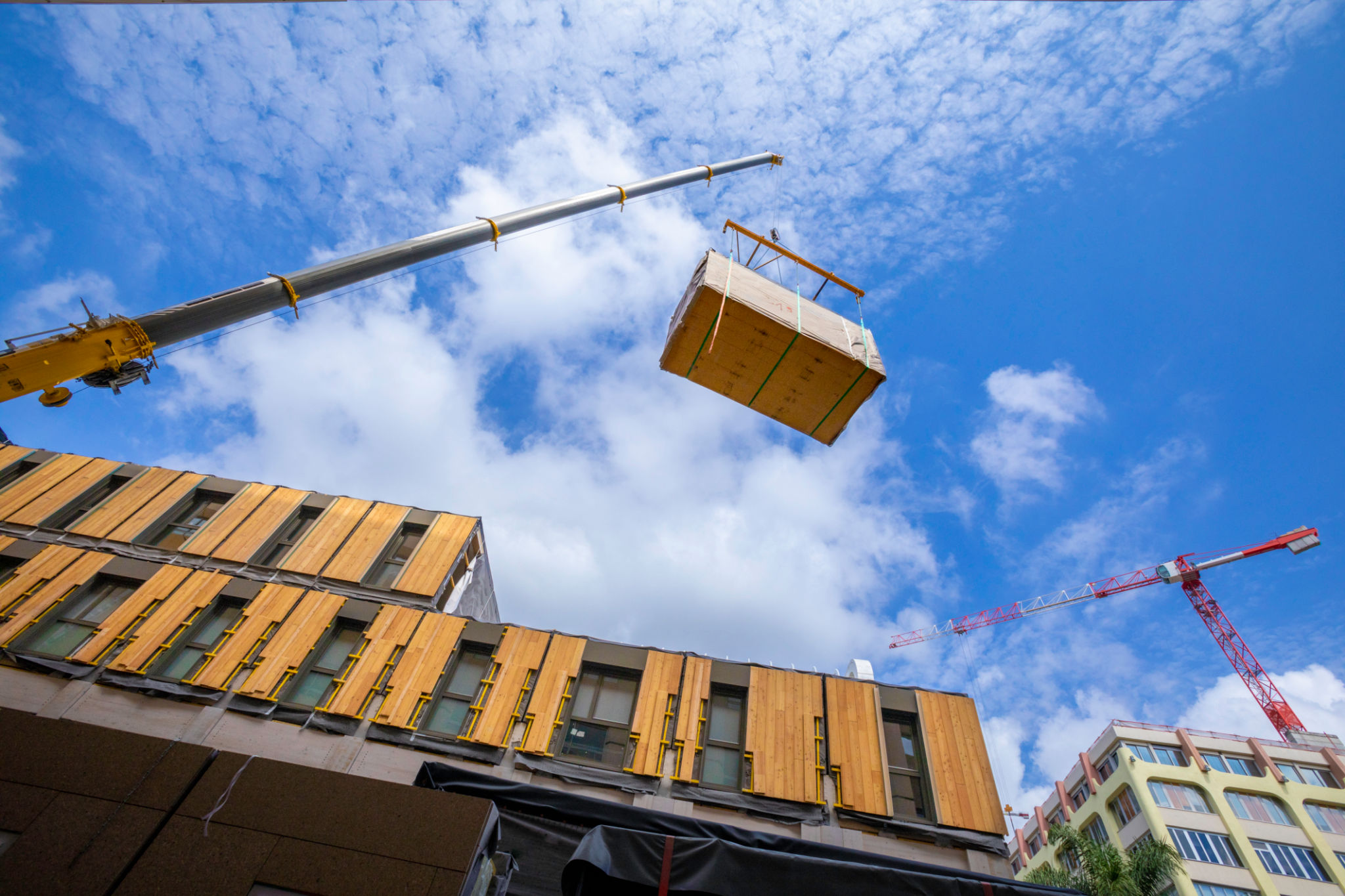Preparing for Construction Projects: Seasonal Tips for Debris Management in Surrey
Understanding Seasonal Challenges in Debris Management
When planning construction projects in Surrey, it's essential to consider the seasonal challenges that can impact debris management. Each season brings its own unique set of conditions that can affect how debris is handled, stored, and disposed of. By preparing for these challenges, you can ensure a smoother construction process and minimize delays.
In the spring, for example, the increase in rainfall can lead to muddy conditions that complicate debris transport and disposal. In contrast, the dry summer months can increase the risk of dust and air pollution from construction debris. Understanding these seasonal variations is key to effective planning.

Spring and Summer: Managing Rain and Dust
During spring, the frequent rain showers in Surrey can turn construction sites into muddy quagmires. To manage this, it's crucial to have a plan for water drainage and mud control. Installing temporary ground mats and using gravel pathways can help keep debris transportation routes clear.
As summer arrives, the dry conditions often lead to increased dust levels. This not only affects air quality but also poses health risks to workers. Implementing dust control measures, such as wetting down debris or using dust suppression systems, can mitigate these issues.
Effective Debris Storage Solutions
Proper storage of construction debris is vital throughout all seasons. In spring and fall, when rainfall is more prevalent, it's important to ensure that debris is covered or stored in containers to prevent water damage and contamination. Using tarps and weather-resistant covers can protect materials effectively.

During the summer, keeping debris covered also helps to reduce dust pollution. In addition, having designated storage areas that are clearly marked and organized can streamline the disposal process and improve site safety.
Winter Considerations: Snow and Ice Management
Winter introduces the challenges of snow and ice, which can complicate debris removal and transportation. It's important to have a snow and ice management plan in place. This might include having snow removal equipment on-site and using salt or sand to maintain safe passageways for vehicles and personnel.
Additionally, winter weather can lead to delays in waste collection services. Scheduling regular pick-ups well in advance and maintaining clear communication with your waste management provider can help mitigate these disruptions.

Adhering to Local Regulations
Regardless of the season, it's crucial to adhere to local regulations regarding debris management in Surrey. This includes obtaining necessary permits for waste disposal, recycling materials when possible, and following any specific guidelines set by the local government or environmental agencies.
Regular training sessions for your team on these regulations can ensure compliance and reduce the risk of fines or project delays due to regulatory issues.
Sustainable Practices for Debris Management
Implementing sustainable practices in debris management not only benefits the environment but can also enhance your company's reputation. Consider recycling options for materials like metal, wood, and concrete. Many local facilities offer recycling services that can reduce the amount of waste sent to landfills.
Additionally, reducing waste generation at the source by ordering materials more accurately and reusing materials when possible can contribute significantly to a sustainable construction process.
